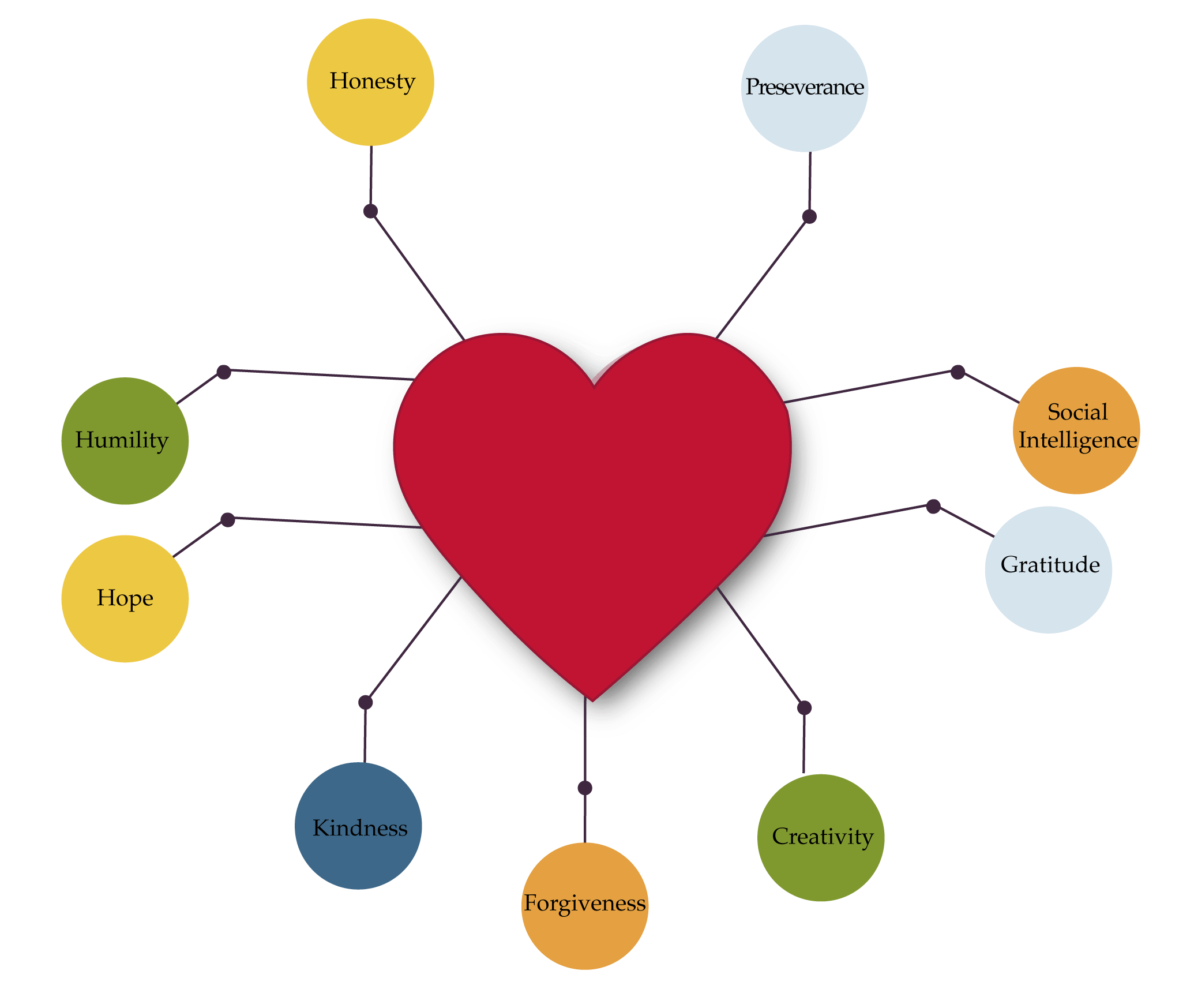Research and Development
InshaAllah, we intend to undertake research into the transformative impact of Quranic knowledge, Iman, and Islamic pedagogy on learners. The research would focus on the effectiveness of this category of knowledge and pedagogical strategies on
- Character strengths.
- Well-being.
- Knowledge creation and judgment.
Our research, InshaAllah, will lead to improvement of educational materials and methodologies, ensuring learning experiences that can have a lasting impact.


Research and Development
InshaAllah, we intend to undertake research into the transformative impact of Quranic knowledge, Iman, and Islamic pedagogy on learners. The research would focus on the effectiveness of this category of knowledge and pedagogical strategies on
- Character strengths.
- Well-being.
- Knowledge creation and judgment.
Our research, InshaAllah, will lead to improvement of educational materials and methodologies, ensuring learning experiences that can have a lasting impact.

Character strengths
Our actions reflect the choices we make, shaping our character. We hypothesize that Iman has transformative impact on the character as it allows for divine light to enter the heart or enables guidance from Allah. This guidance leads to choices that manifest as character strengths of those loved by Allah. This hypothesis is derived from the verses of the Quran. A few of these verses are reproduced below:
So those who believe in Allah and hold fast to Him – He will admit them to mercy from Himself and bounty and guide them to Himself on a straight path. (Al-Quran 4:175)
No disaster strikes except by permission of Allah. And whoever believes in Allah – He will guide his heart. And Allah is Knowing of all things. (Al-Quran 64:11)
He has ordained for you of religion what He enjoined upon Noah and that which We have revealed to you, [O Muhammad], and what We enjoined upon Abraham and Moses and Jesus – to establish the religion and not be divided therein. Difficult for those who associate others with Allāh is that to which you invite them. Allāh chooses for Himself whom He wills and guides to Himself whoever turns back [to Him]. (Al-Quran 42:13)
And those who strive for Us – We will surely guide them to Our ways. And indeed, Allah is with the Muhsinoon. (Doers of good). (Al-Quran 29:69)
……There has come to you from Allah a light and a clear Book [i.e., the Qur’ān] By which Allah guides those who pursue His pleasure to the ways of peace and brings them out from darkness into the light, by His permission, and guides them to a straight path. (Al-Quran 5:15-16)

Well-being
Insha’Allah in our research, we intend to employ the PERMA model for assessing well-being. Our research will explore the impact of belief in Allah and Ahkirah on PERMA elements. The following ayats of the Quran support our hypothesis that when a person engages with knowledge of Iman it positively impacts well-being.
Those who have believed and whose hearts are assured by the remembrance of Allāh. Unquestionably, by the remembrance of Allāh hearts are assured.” (Al-Quran 13:28)
And whoever turns away from My remembrance – indeed, he will have a depressed [i.e., difficult] life, and We will gather [i.e., raise] him on the Day of Resurrection blind.” (Al-Quran 20:124)
Additionally, we will investigate the effects of coupling of Iman with righteous actions on the PERMA measurements. We hypothesize that the combination of righteous actions and Iman enhances well-being, positively affecting all PERMA elements. This hypothesis is informed by the following verses of the Quran:
Whoever does righteousness, whether male or female, while he is a believer – We will surely cause him to live a good life, and We will surely give them their reward [in the Hereafter] according to the best of what they used to do. (Al-Quran 16:97)
Verily, those who believe and work deeds of righteousness, the Most Gracious (Allâh) will bestow love for them. (Al-Quran 19:96)
We posit that a fulfilling life caused by Allah and the love He instills in people’s hearts will be reflected in high PERMA measurements.

Knowledge creation and judgment
In addition to the above, our research will explore the impact of operationalizing multiplex epistemology on knowledge creation and judgment. We aim to understand how these strengths can be enhanced to a level of excellence. Our hypothesis is that individuals emulating the Muhsinun will exhibit superior performance in this domain of knowledge creation and judgment. This is informed by the Quranic verse:
And when Joseph reached maturity, We gave him judgment and knowledge. And thus we reward the Muhsinun (doers of good). (Al-Quran 12:22)
This ayat carries significant educational implications, indicating the path to excellence in knowledge creation and judgment, which are the ultimate goals of education besides character development and well-being.
Our research seeks to capture the tangible manifestations of the truths revealed in these verses, from physiological changes in the brain to life performance. The challenge lies in documenting these manifestations through diverse methods, from fMRI to psychological assessment tools and scales.
